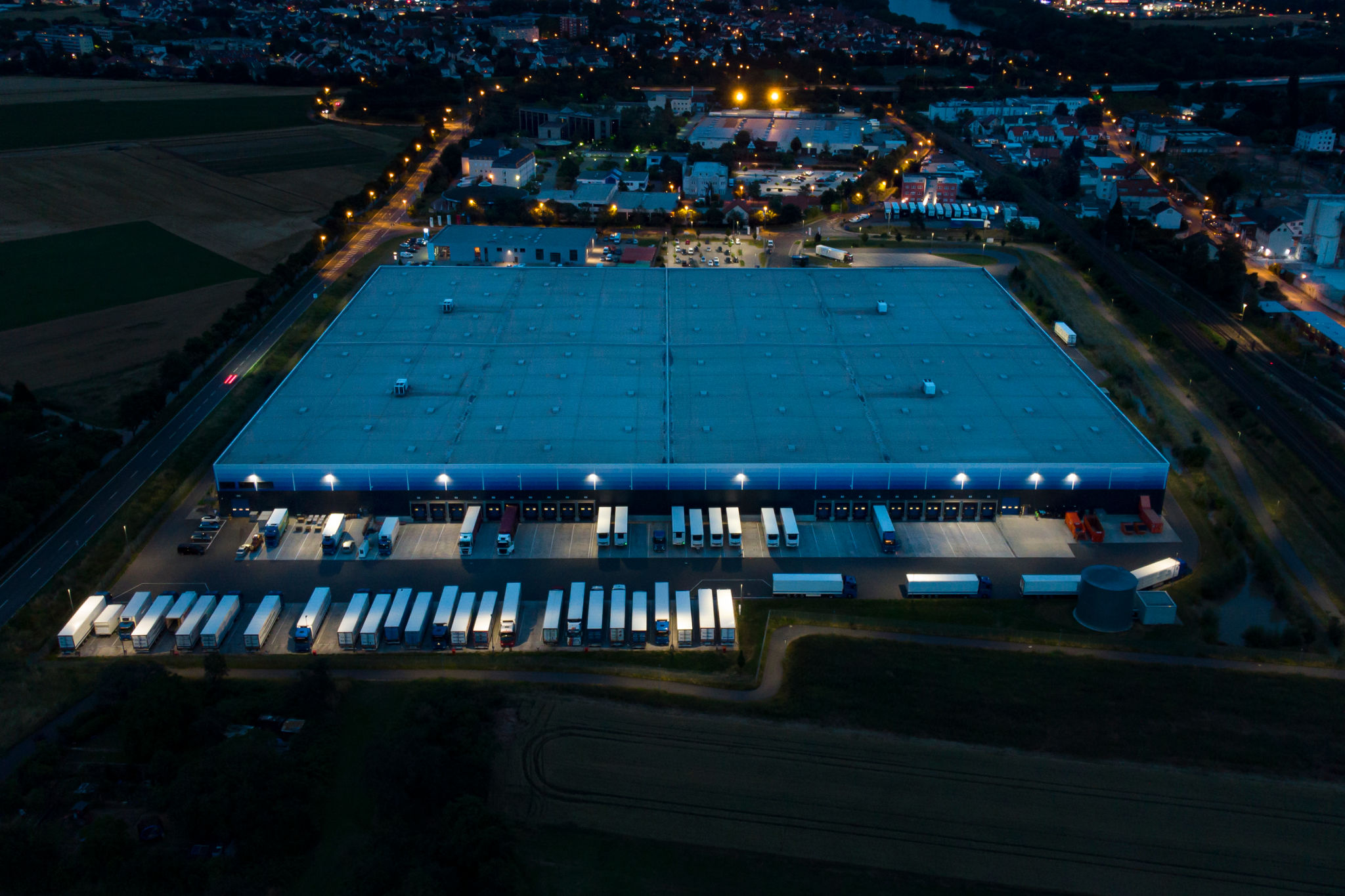How Luxembourg's Unique Market Impacts Supply Chain Strategies
Introduction to Luxembourg's Market
Luxembourg, a small yet influential nation in the heart of Europe, presents a unique market environment that significantly impacts supply chain strategies. Its strategic location, robust economy, and diverse population make it an attractive hub for businesses. Understanding these characteristics is crucial for developing effective supply chain strategies tailored to this distinctive market.
Despite its size, Luxembourg boasts a high GDP per capita and a strong financial sector, which contribute to its economic stability. The country's multilingual workforce and open economy further enhance its appeal to international businesses looking to establish a foothold in Europe.

Strategic Location and Connectivity
Luxembourg's central location in Europe is one of its greatest assets. It serves as a gateway to major European markets, making it an ideal logistics hub. The country's well-developed infrastructure, including modern highways, railways, and an efficient airport, facilitates seamless connectivity across the continent.
For companies looking to optimize their supply chains, Luxembourg's connectivity offers distinct advantages. It allows for faster transportation of goods, reduced shipping times, and improved access to key European cities. This strategic positioning can lead to cost savings and enhanced operational efficiency.
Multimodal Transport Solutions
Another aspect of Luxembourg's market that impacts supply chain strategies is its emphasis on multimodal transport solutions. The country promotes the integration of different transportation modes such as road, rail, and air to create flexible and efficient logistics networks. This approach helps businesses adapt to changing market demands and navigate potential disruptions more effectively.

Economic Stability and Financial Services
The economic stability of Luxembourg plays a crucial role in shaping supply chain strategies. As a leading financial center, the country provides access to a wide range of financial services that support international trade and logistics operations. This includes favorable tax regimes, innovative banking solutions, and investment opportunities.
Companies operating in Luxembourg can leverage these financial services to enhance their supply chain resilience. By securing financing options and managing risks effectively, businesses can maintain a competitive edge in the dynamic global market.
Diverse Workforce and Innovation
Luxembourg's diverse workforce is another key factor influencing supply chain strategies. With employees hailing from various cultural backgrounds, businesses can benefit from a wide range of skills and perspectives. This diversity fosters innovation and creativity, essential elements for developing adaptive supply chain solutions.

Moreover, Luxembourg's commitment to innovation is evident in its investment in technology and research. Companies can harness these resources to implement cutting-edge technologies in their supply chains, such as automation, data analytics, and blockchain solutions.
Conclusion
In conclusion, Luxembourg's unique market characteristics present both opportunities and challenges for supply chain strategies. By leveraging its strategic location, robust infrastructure, economic stability, and diverse workforce, businesses can develop customized strategies that capitalize on these advantages. As the global market continues to evolve, companies must remain agile and innovative to thrive in Luxembourg's dynamic environment.